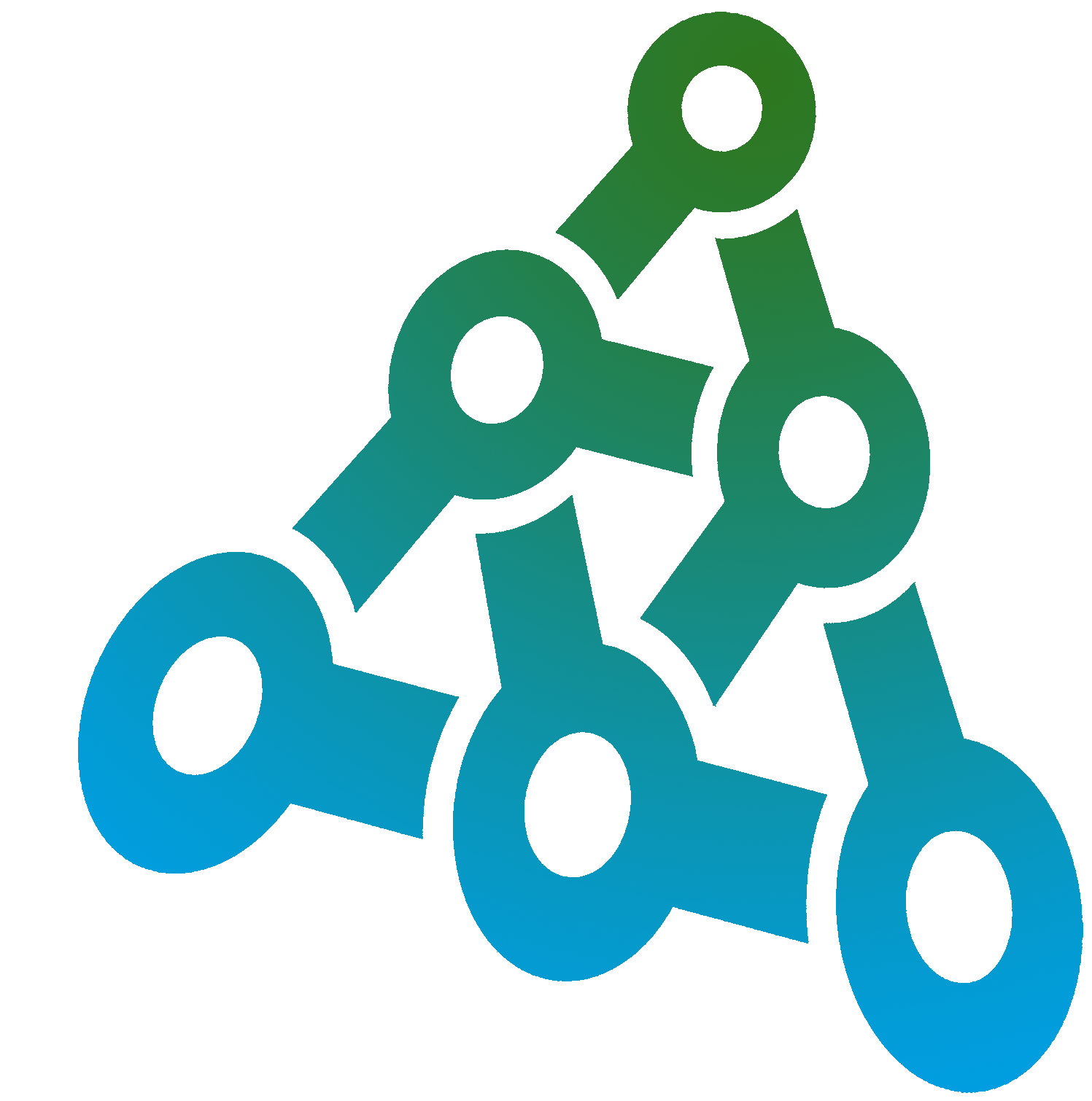Sustainability of dairy is no longer without obligation!
Take your responsibility before the market forces you….
Define your purpose and create vision
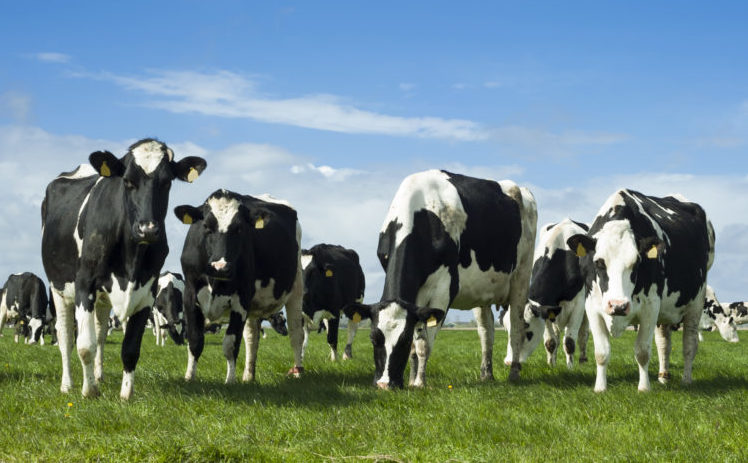
“We cannot choose between (economic) growth and sustainability – we must have both”
“Working on sustainability is to create long term value for our stakeholders”
Paul Polman, former CEO Unilever
Dairy is essential part of sustainable diet
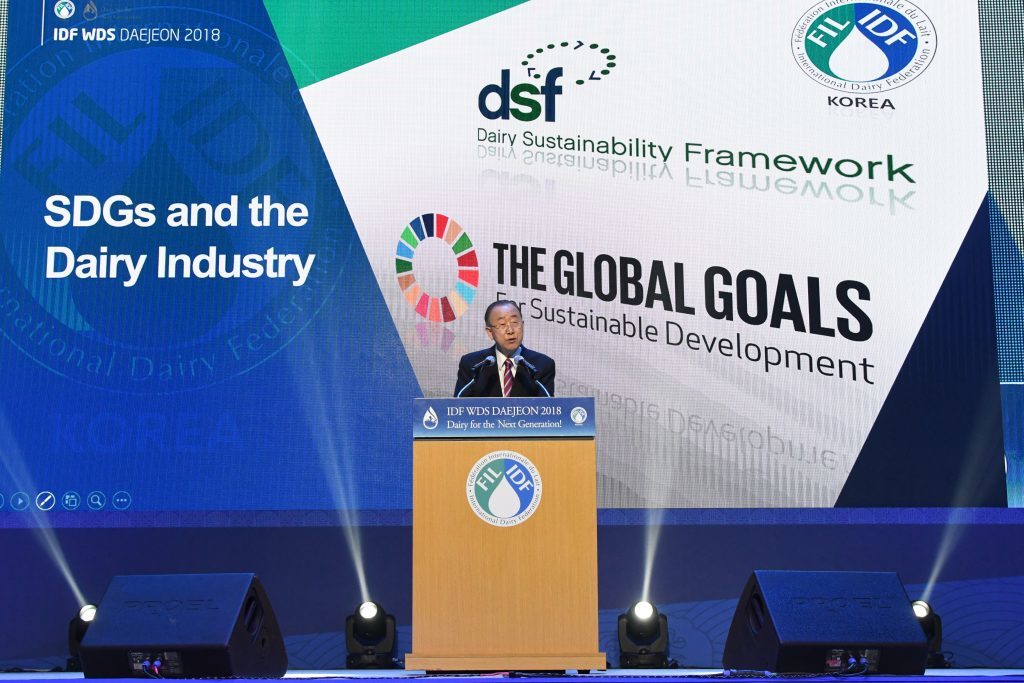
“Milk and dairy products will serve as a critical, sustainable food source for the world’s 9 billion people by 2050.
Ban Ki Moon, Former UN Secretary-General at the IDF World Dairy Summit 2018 in Daejeon
Dairy Sustainability Framework (DSF): Global framework for Sustainable Dairy
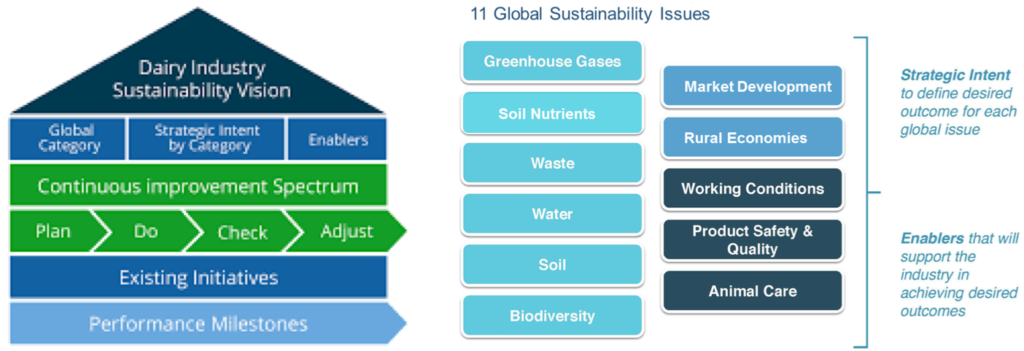
“The DSF is a resource that creates the opportunity to collaborate and align global sustainability efforts under one ‘umbrella’ thus enabling and demonstrating a coordinated approach at both a local and global level”
Brian Lindsay, director DSF
Dairy processors organize the entire chain: From Grass to Glass
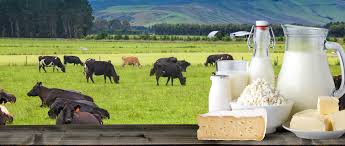
“Put decision making in the hands of the true experts: the farmers and the processors”
Pascal Baltussen, VP Global Commercial, Mars
Sustainable Dairy Partnership (SDP): Method to demonstrate sustainable dairy B2B products
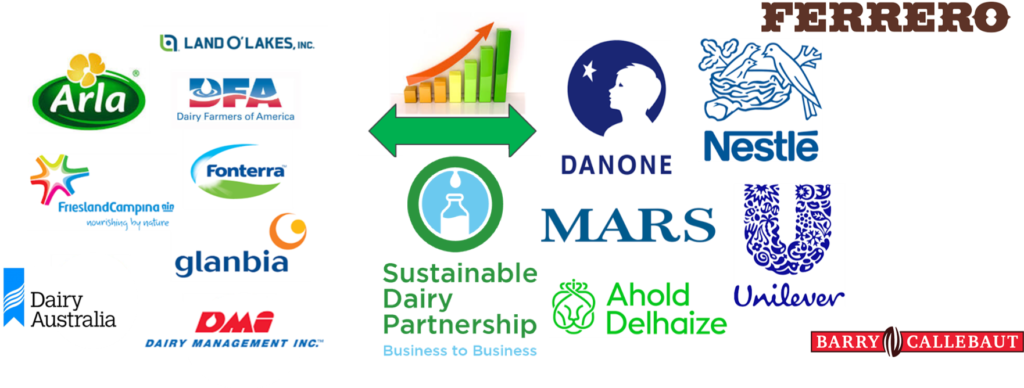
“The Sustainable Dairy Partnership allows dairy suppliers to report progress at the most relevant issues. It represents a major step from compliance based reporting to impact base reporting”.
Jan Kees Vis, Global Director Sustainable Sourcing, Unilever
Reduce your negative impacts: Deserve social acceptance
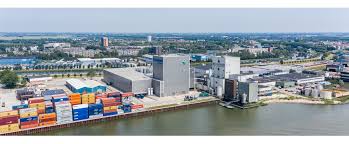
“In our strategy we express our ambition for renewable energy: We want to have climate-neutral production by 2029. This is a major challenge, but taking the lead gives us a competitive edge and helps us reduce our environmental impact”.
Albert de Groot, CEO Vreugdenhil Dairy Foods
Create long term value with sustainability
Working on sustainability in dairy creates value in your markets. Dairy buyers want to reduce risk with their dairy raw materials. They want to be sure that the supplier has control over sustainability issues in its total supply chain. More and more large food-companies predict the end of a commodity market and are transparent about the source of their raw materials. This creates closer cooperation between supplier and buyer. Not only the costs but more the value of the dairy raw materials are part of the contract. In this cooperate approach between buyer and supplier, additional value can be created. We developed a methodology where you can identify your values with your sustainability program.
Working on sustainability in dairy creates value in the market. Dairy buyers want to reduce the risks associated connection with their dairy raw materials. They want to be sure that the supplier has control over sustainability issues in the entire supply chain. An increasing number of major food-companies predicts the end of a commodity market and is transparent about the source of the raw materials. This leads to closer cooperation between supplier and buyer. The contract does no longer only include the costs but more often the value of the dairy raw materials as well. This cooperative way of working between buyer and supplier provides opportunities for added value creation.
